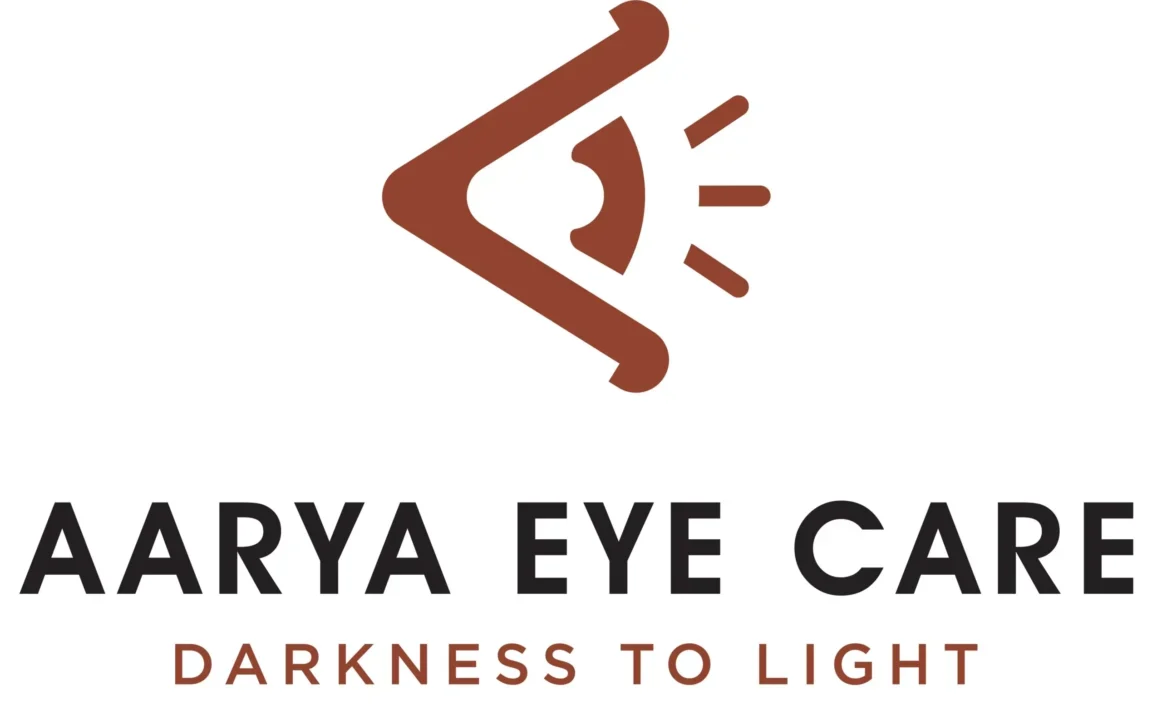How Diabetes Affects Your Eyes: Prevention and Management
Diabetes, a chronic disease, impacts numerous millions worldwide yet produces health issues, which extend past blood sugar regulation. Eye health problems serve among the top most worrisome conditions associated with diabetes. People with diabetes face a statistically high threat for vision complications, requiring them to grasp what diabetes does to their eyes as well as start cautionary measures against harm.
The prolonged presence of high blood sugar levels begins to affect different areas of the body that includes the sensitive eye tissues. The combination of diabetes and eye health causes various vision problems, from diabetes forms diabetic eye disease that, when untreated, leads to partial or complete vision loss. Regular testing and prompt medical action, together with awareness create opportunities for life-improving results.
The Connection between Diabetes and Eye Health
One of the critical ways diabetes affects your eyes is through consistently high blood sugar levels, which can damage blood vessels throughout the body, including those in the retina. This damage leads to a range of conditions known as diabetic eye diseases, with diabetic retinopathy being the most common.
Diabetic retinopathy develops when high blood glucose levels damage and weaken the thin blood vessels in the retina. This can lead to fluid leakage or bleeding, resulting in visual distortion. In more advanced cases, new abnormal blood vessels may grow on the surface of the retina, causing further complications.
Common Eye Complications Associated with Diabetes
a. Diabetic Retinopathy
This is the most common and serious complication and it progresses through stages:
- Non-proliferative diabetic retinopathy (NPDR): Early stage where blood vessels leak fluid.
- Proliferative diabetic retinopathy (PDR): Advanced stage with new blood vessels forming, which can lead to scarring and retinal detachment.
Both stages can lead to diabetes-related vision loss if not treated promptly.
b. Diabetic Macular Edema (DME)
DME or Diabetic Macular Edema is a consequence of diabetic retinopathy. It involves swelling in the macula, the part of the retina responsible for sharp central vision. This swelling can cause blurry or wavy vision and, in severe cases, irreversible damage.
c. Cataracts
Diabetic patients experience an increased risk of developing cataracts at an earlier age compared to non-diabetic individuals. High glucose levels in diabetic patients can lead to lens opacification, resulting in reducing the clarity of vision.
d. Glaucoma
This condition is caused by high intraocular pressure, which can lead to optic nerve damage. People with diabetes are at higher risk for glaucoma, which often develops without noticeable symptoms but can lead to permanent vision loss if untreated.
Recognizing the Symptoms of Diabetic Eye Diseases
List of common symptoms:
- Blurred or fluctuating vision
- Dark spots or floaters
- Difficulty seeing colors
- Dark or empty areas in vision
- Vision loss
The early stages of these conditions often show no symptoms, diabetes and eye health are close connected and making regular eye exams crucial. If you notice any of the above signs, consult an eye specialist immediately to prevent worsening.
Risk Factors Contributing to Diabetic Eye Conditions
- Long duration of diabetes
- Poor blood sugar management
- High blood pressure
- High cholesterol levels
- Smoking, which accelerates blood vessel damage
Each of these factors increases the chances of developing eye complications of diabetes and effective management is crucial in mitigating your risk.
Importance of Regular Eye Examinations
Experts suggest that, Diabetic patients undergo a comprehensive dilated eye examination annually. These exams allow early detection of problems such as diabetic macular edema or diabetic retinopathy before vision loss occurs. Depending on your health status, your ophthalmologist may suggest screenings that are more frequent.
Preventing Diabetic Eye Diseases
a. Maintain Optimal Blood Sugar Levels
- Use a glucose monitor to track levels daily.
- Follow your doctor’s guidance on medication and diet.
- Stable blood sugar greatly reduces the risk of eye damage from high blood sugar.
b. Control Blood Pressure and Cholesterol
- Monitor regularly with professional guidance.
- Prioritize a heart-healthy diet and regular exercise routine for optimal cardiovascular health.
- Controlled levels reduce the progression of diabetes eye problems.
c. Adopt a Healthy Lifestyle
- Exercise regularly to improve insulin sensitivity.
- Follow a diet that is rich in vegetables, whole grains, and lean protein.
- Quit smoking to reduce your risk of diabetes related vision loss.
Treatment Options for Diabetic Eye Conditions
- Medications: Anti-VEGF injections help reduce retinal swelling and prevent abnormal blood vessel growth.
- Laser Treatment: Laser photocoagulation seals leaking vessels and prevents further damage.
- Surgical Options: Procedures like vitrectomy are used in advanced cases to remove blood or scar tissue from the eye.
The Role of Nutrition in Eye Health
Proper nutrition can act as a natural defense against diabetic eye disease. Important nutrients include:
- Vitamin C & E: Antioxidants that protect eye tissues.
- Omega-3 fatty acids: Help reduce retinal inflammation.
- Lutein and Zeaxanthin: Found in leafy greens, they support macular health.
Foods like carrots, spinach, salmon, and almonds are excellent choices for maintaining eye health.
Coping with Vision Changes Due to Diabetes
Diabetes and vision changes are closely linked, and to manage vision changes due to diabetes, make sure to use magnifying tools, screen readers, or specialized glasses, have regular eye check ups; eat a healthy diet and have home lighting and layout for better accessibility and safety.
Diabetic Retinopathy Treatment in Thrissur: Expert Eye Care at Aarya Eye Care
At Aarya Eye Care, we provide trusted diabetic retinopathy treatment in Thrissur, combining advanced diagnostic technologies with a team of experienced eye care professionals. We offer personalized treatment plans, empathetic care, and the latest innovations in retinal management. Our reputation as a trusted name in diabetic eye care makes us the excellent option for patients who seek reliable and effective remedies in Kerala.
Conclusion
Eye healthcare is necessary for diabetes management as it safeguards your entire quality of life beyond visual health protection. Effective practices that control and manage blood sugar levels combined with good life habits and scheduled eye examinations, enable you to stop the harmful progression of diabetes-related complications including diabetic retinopathy. Moreover, it is important to understand that there is a deep connection with diabetes and eye health. Aarya eye care, as a Best Eye Hospital in Kerala, we provide patients receive both exceptional care and skilled expertise, and compassionate service. Protect your eye by contacting our clinic right now for scheduling your detailed eye check-up, which can help improve your eye health.
Protect your vision—get in touch with us today.








